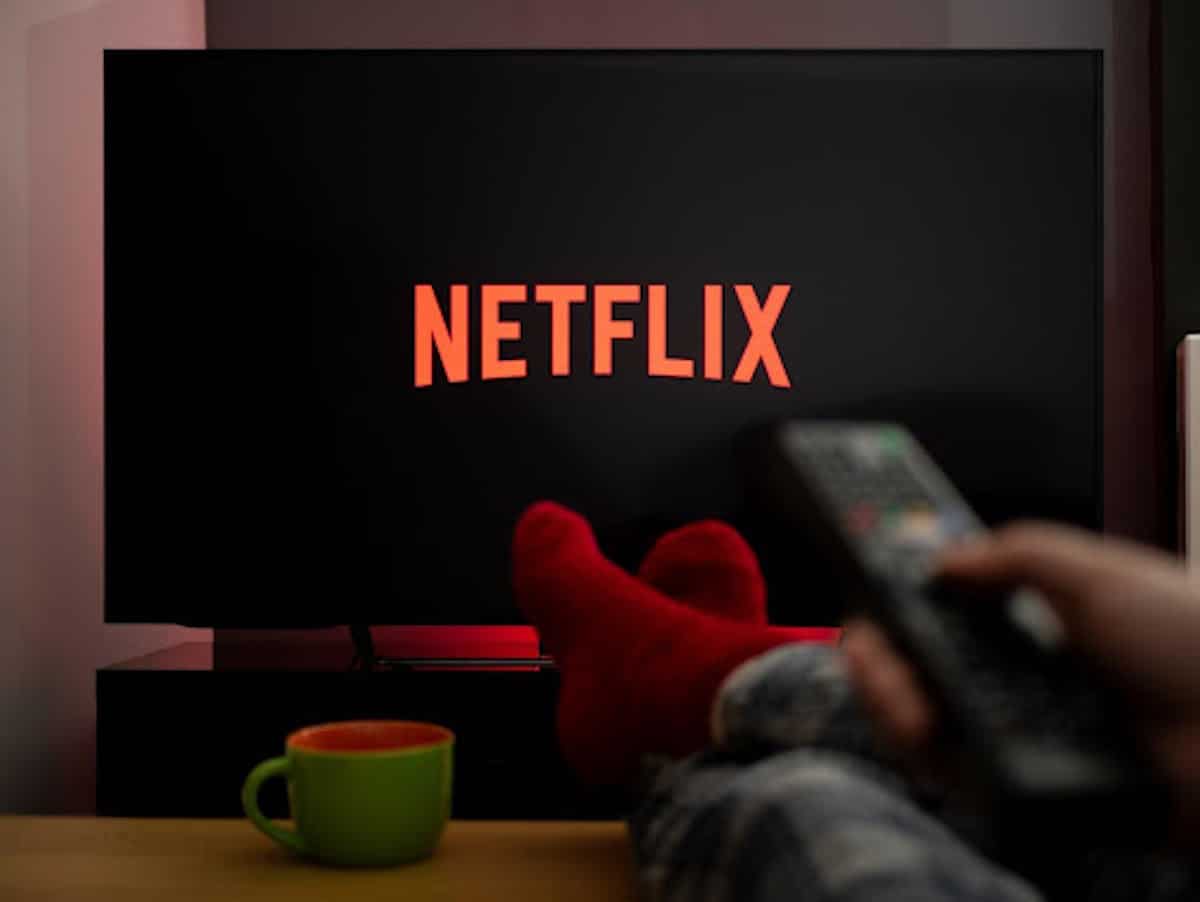Cancelling subscribers, password sharing crackdown, disappearing movies, and stricter regulations.
It seems that Netflix has been hitting the headlines left, right and centre recently, and not always necessarily for the right reasons.
Despite the cost-of-living crisis and rising inflation looming over our heads, it seems more and more of us are continuing to spend our cash on streaming services and TV subscriptions.
According to the Discretionary Spend Index from Online Betting Guide (OLBG), streaming services are amongst the 12 top things we spend our disposable income on, and has increased from nearly £40 in 2019/2020 to almost £50 in 2021/2022.
However, it may not be the case that our well-earned cash is necessarily going towards Netflix, but other services on the scene.
The number of UK households using Netflix fell by 200,000 in the first couple of months of this year, and it’s expected they will lose around another two million paying customers in the coming months.
OLBG research also revealed whilst Brits are spending around £50 a year on their streaming subscriptions, the average UK household is also spending more on home improvements, holidays, takeaways, tobacco and gambling in 2022 — a likely hangover from peak-pandemic spending habits.
Fall in subscriber numbers and share prices
In April 2022, Netflix’s share price fell by almost 40%, in reaction to the news of lost subscribers.
This put a stop to the continuing quarterly growth of subscribers since October 2011, and subsequently its rising value in the stock market.
As previously mentioned, the UK saw a significant drop in users, but this wasn’t the only country. 600,000 people stopped using its service in the US and Canada after it put up prices in January 2022.
Is this a sign that we are becoming sick and tired of Netflix?
Some are describing it as streaming fatigue, where we have spent so much time recently, especially during the lockdowns of the pandemic, continuously binge-watching endless TV shows.
However, the OLBG Index suggests we are still willing to splash the cash on streaming services.
Is this a case of forgetfulness, where we don’t get round to cancelling our subscription, even though we no longer use it?
Or are Brits taking their custom and discretionary spend elsewhere, to new and exciting streaming services?
And does the rising cost of Netflix play a part in this?
Rise in Netflix costs
Despite the fact that may UK households are currently struggling financially, Netflix decided to increase their monthly fees.
In the UK, the basic plan rose by £1.00 to £6.99 a month, and the standard to £10.99 – again another increase by £1.00.
To top things off, the streaming giant has suggested it will seriously crackdown on password sharing amongst different households, forcing new members to sign up and pay in order to continue watching their favourite programmes.
This has already taken place in some Netflix-using countries.
At the time of writing, Netflix account holders in Chile, Costa Rica and Peru must pay $2 to $3 to add user profiles for people outside their household, on top of the regular fee to subscribe.
It’s estimated more than 100 million households watch the service for free using shared passwords.
The competition
The fight to keep the UK public entertained has certainly intensified, as it’s become a crowded market.
Apple, Disney, HBO and Amazon are all increasing investment in their respective online streaming services.
And it doesn’t stop there.
Paramount have recently released their own streaming service, called Paramount+, which includes on-demand and live content from channels such as CBS, BET, Comedy Central, and Nickelodeon.
—
The OLBG Discretionary Spend Index aims to track the non-essential spend per UK adult, updating regularly to look at the latest trends in consumer spending.
So, with a continuing cost-of-living crisis, rising inflation, and warnings of a recession putting immense pressure on our finances, will forking out on a streaming service subscription be first on the list to be cut, in the not-so-distant future?
Or will the UK public decide to keep dishing out their discretionary spend on Netflix and the likes of, to ensure they can watch their favourite shows and movies?


